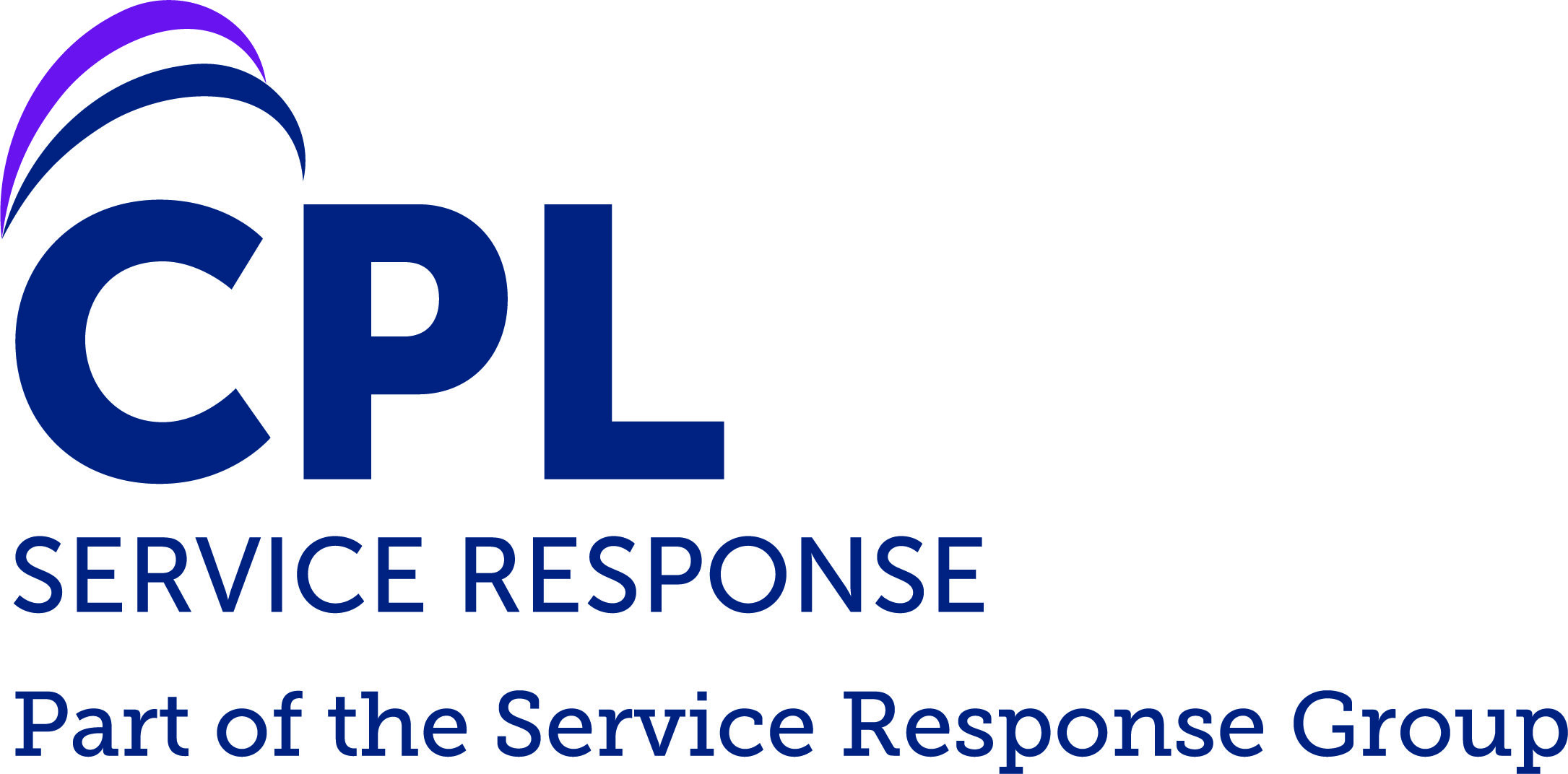In the face of economic headwinds, facilities management (FM) stands at a crossroads of challenge and opportunity. The pressure to cut costs and optimise operations has never been greater, yet this very pressure is driving innovation in the industry. As FM professionals, we are tasked with not just maintaining, but enhancing the efficiency and effectiveness of our facilities, all while navigating a landscape of financial constraints. Here’s how innovation in FM is not just surviving but thriving amid economic challenges.
Embracing Technology for Efficiency
The digital transformation of FM is leading the charge in innovation. Smart building technologies, Internet of Things (IoT) devices, and advanced analytics are revolutionising how facilities are managed. These technologies enable real-time monitoring and predictive maintenance, which can significantly reduce costs by addressing issues before they become expensive problems. For instance, IoT sensors can detect a failing HVAC component, allowing for its replacement during scheduled maintenance rather than after a breakdown that disrupts operations and incurs greater expense.
Sustainable Practices as Cost-Savers
Sustainability is no longer just an environmental concern; it’s a financial strategy. Implementing green practices can lead to substantial cost savings. Energy-efficient lighting, water-saving fixtures, and better waste management not only reduce the environmental footprint of a facility but also lower utility bills and operational costs. Moreover, sustainable buildings often see increased asset value and can be more attractive to tenants and investors, providing an economic buffer in challenging times.
Lean Management Principles
The application of lean management principles to FM is helping organisations do more with less. By streamlining processes, eliminating waste, and improving workflow, facilities managers are enhancing service delivery while reducing costs. This approach often involves re-evaluating vendor contracts, consolidating services, and employing cross-functional teams that can handle multiple aspects of FM, thereby improving response times and reducing the need for specialised, and often more expensive, service providers.
Collaborative Partnerships
Innovation in FM is not a solo journey. Collaborative partnerships between FM teams, service providers, and technology vendors are essential in driving forward-thinking solutions. These partnerships can lead to shared savings, joint investment in new technologies, and the co-creation of innovative service delivery models that benefit all parties involved.
Data-Driven Decision Making
Data is the new currency in FM innovation. Facilities managers are leveraging data analytics to make informed decisions about building operations. By analysing trends and patterns, FM professionals can optimise space utilisation, adjust maintenance schedules, and predict future costs, allowing for better budget management and allocation of resources.
Training and Development
Investing in the training and development of FM staff is another area where innovation is key. A skilled workforce that can operate new technologies and implement best practices is essential for delivering high-quality services. Continuous learning and development programs ensure that FM teams are equipped to handle the evolving demands of the industry.
The Human Element
Finally, innovation in FM is not just about technology and processes; it’s about people. Enhancing the user experience through improved facility design, responsive services, and a focus on well-being can lead to increased productivity and satisfaction. In an economic downturn, retaining and attracting talent becomes even more critical, and facilities that provide an engaging and supportive environment can be a significant differentiator.
Conclusion
Economic challenges often serve as a catalyst for innovation, and facilities management is no exception. By embracing new technologies, sustainable practices, lean principles, collaborative partnerships, data analytics, and a focus on people, FM professionals can deliver innovative solutions that not only meet the demands of the present but also set the stage for a more efficient and resilient future. As we navigate these economic challenges, let us view them not as barriers but as opportunities to redefine and elevate the role of facilities management.
